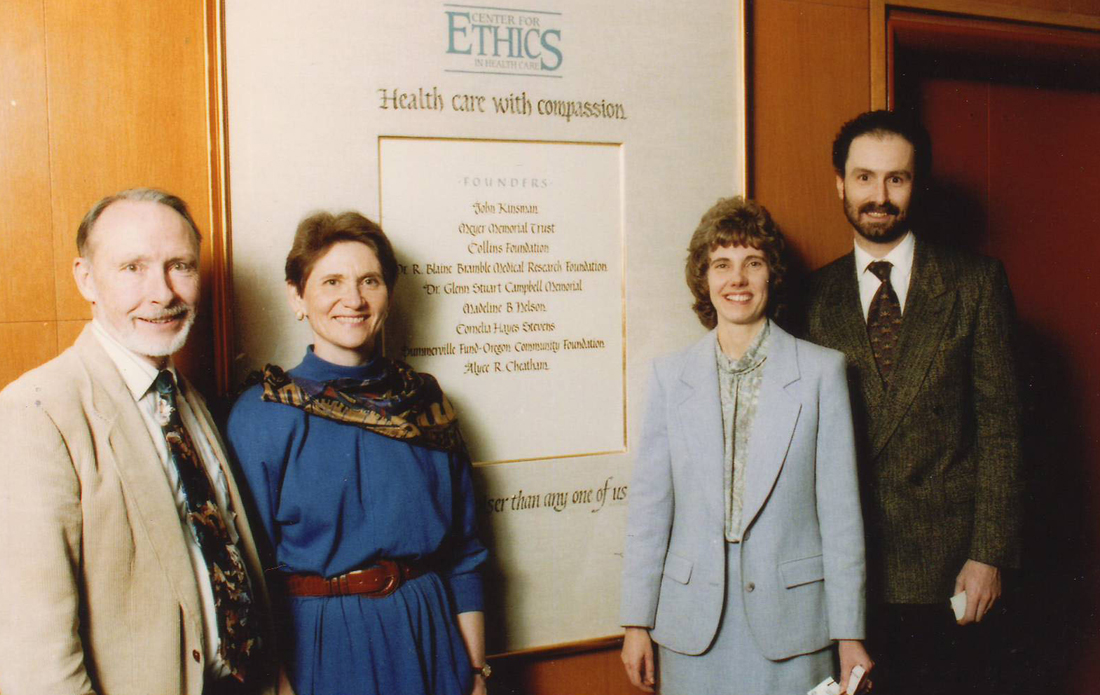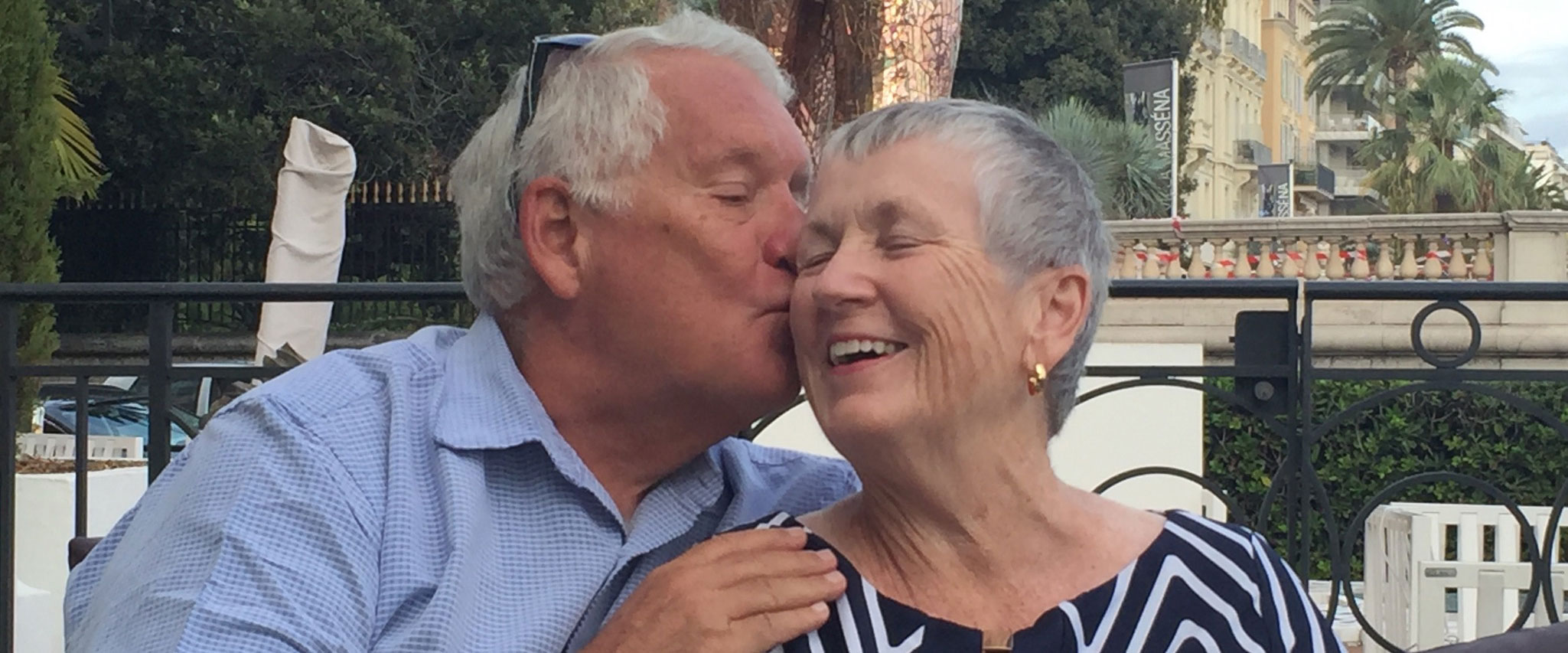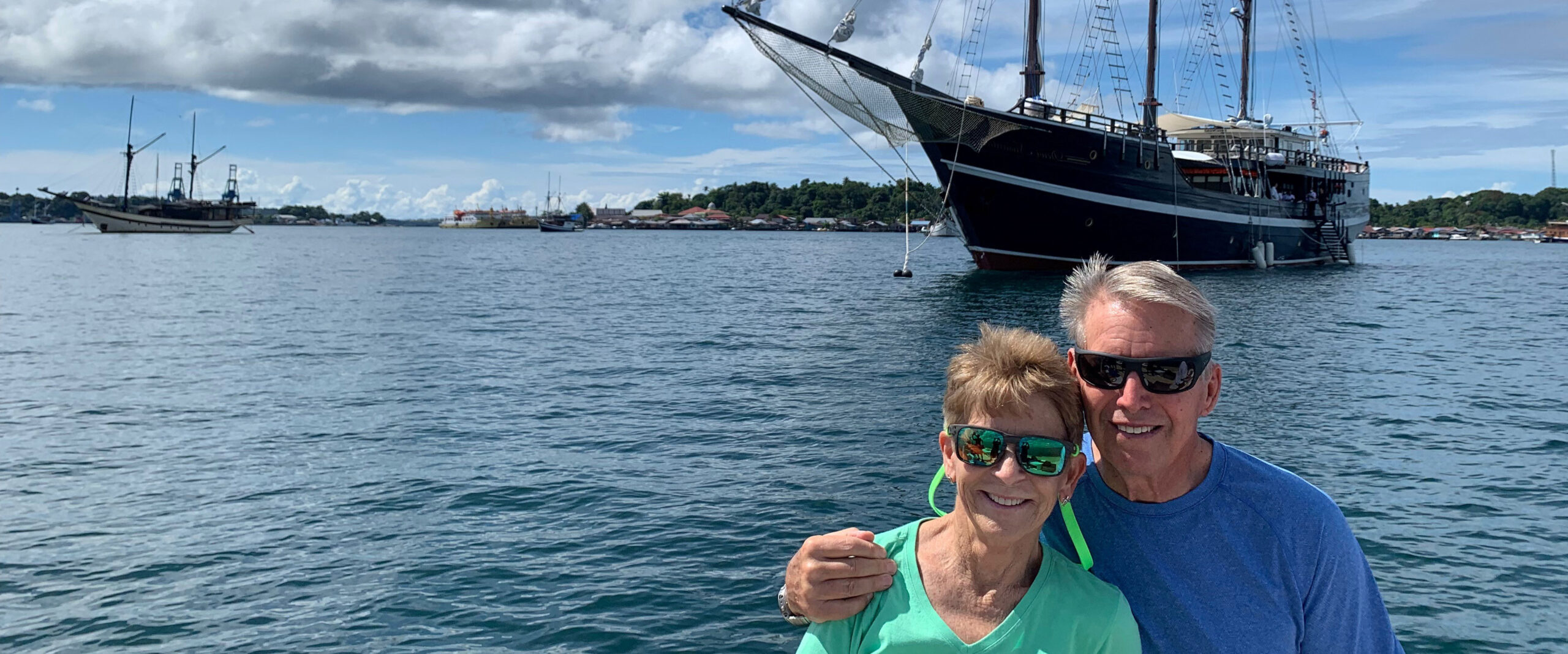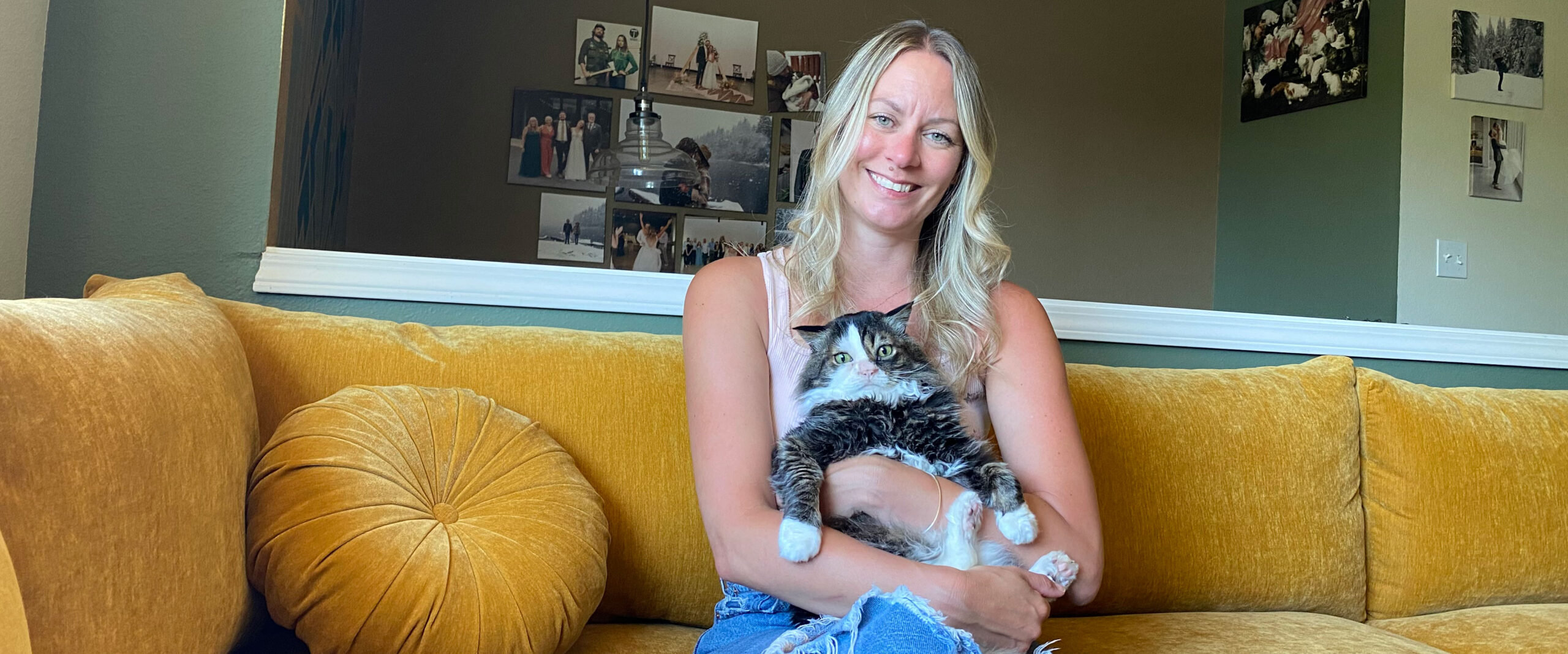By Darby Kendall
Effective communication and empathy are essential skills any health care professional should carry in their toolkit. Katie Stowers, D.O., FAAHPM, is charged with ensuring these tools are put to good use.
Stowers, the interim director for OHSU’s Center for Ethics in Health Care and Ronald W. Naito director of Serious Illness Education, became a doctor to serve others. She hadn’t considered a career in the medical field at first, but a collegiate sports injury — and the care she received from her health care professionals at that time — inspired her to go into medicine.
“I am the first person in my family to pursue a career in medicine and had little exposure to health care except for annual childhood check-ups until college when, as a softball pitcher, I injured my shoulder,” Stowers remembered. “I was vulnerable and flooded with emotions — was this injury going to keep me from doing the thing I loved most? I was lucky to have a knowledgeable and compassionate clinician who calmed my fears and set me on a successful path to healing.”
Spurred on by her clinician’s kindness, Stowers began her medical training with a maintained focus on compassionate care. Based on her own positive experience, health care should prioritize empathetic, patient-centric care. However, as she progressed through her medical training, Stowers learned that compassionate communication wasn’t an academic focus in the way she expected.
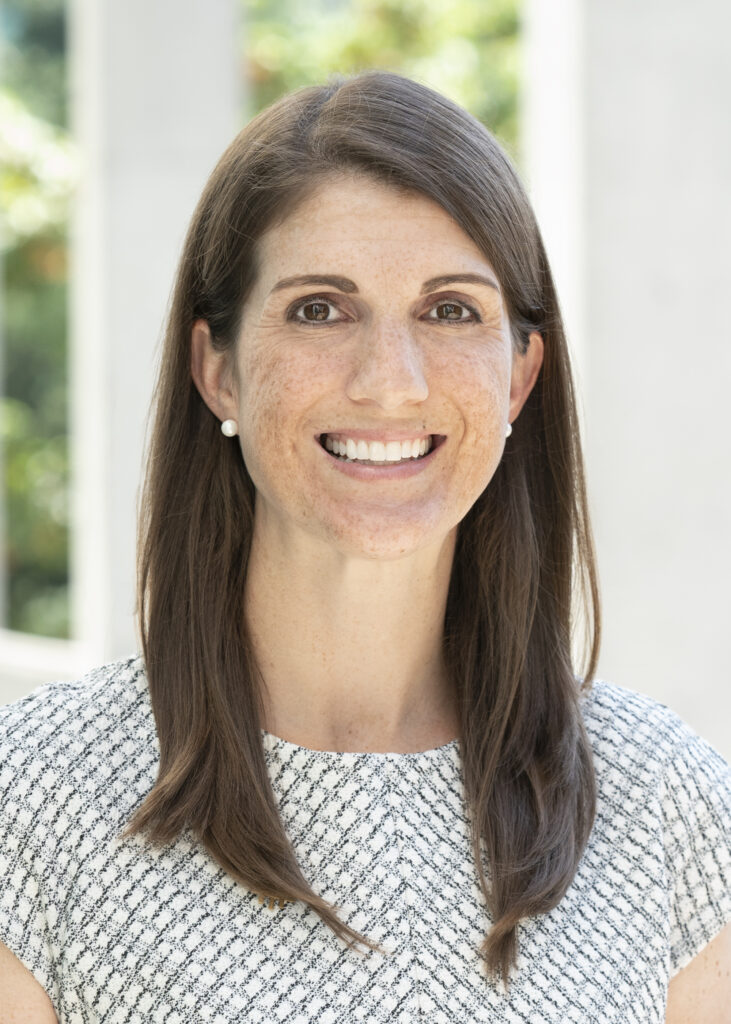
Stowers found herself in palliative care because it was a field that gave her the opportunity to align her career with her ideals. Determined to keep clinician-patient relationships the bedrock of her work, Stowers began to search for people and programs that shared her views. One professional who echos Stowers’ outlook on improving the patient experience is Susan Tolle, M.D., former director of the OHSU Center for Ethics, who established the center with her colleagues in 1989. When Stowers met Tolle for the first time, something clicked, and Stowers knew OHSU was where she belonged.
“It wasn’t until I was finishing up my fellowship training in 2014 that the Center for Ethics first appeared on my radar,” Stowers said. “As I started to learn more, I quickly realized that this was the place that shared values and a vision for the health care system that aligned with that idealistic view that I had. When I had the opportunity to move back to Portland in 2017, I quickly sought out Susan and the center as a place that I was interested in learning more about and partnering with, because it was a place that really shared a lot of my values about being a healer.”
For the past 35 years, the OHSU Center for Ethics has been a national leader for end-of-life and compassionate care. The center’s mission, to change health care through compassion, integrity and innovation, has led to programs that teach and test students, aided OHSU faculty in mastering communication skills, and helped shape Oregon state policy. Tolle’s dedication to improving communication encouraged Stowers, as she had already seen what a difference it could make during her time in school.
“Through my own training, I had quickly realized that many of the issues that we encountered between clinicians and patients were not because we had different views or hopes, but it was because we weren’t communicating effectively with each other. Patients’ needs weren’t being met, and clinicians weren’t feeling like they were doing a good job; there was this disconnect between the two,” Stowers said. “I’ve been able to see that communication is a foundational tool to help bridge a lot of the problems that we have in our health care system. The center has been really focused in the last decade on the role of communication to help improve the health care experience, and that’s something that I am very passionate about as well.”
One of Stowers’ earliest experiences at OHSU was assisting with the center’s student testing as part of the Program in Compassionate Communication. This program was launched in 2017 with a catalytic grant from the Storms Family Foundation, who later provided funding to expand and sustain the center’s efforts through the Doris and Mark Storms Chair in Compassionate Communication, held by Cliff Coleman, M.D., M.P.H.
The testing is the first of its kind in the country to assess medical students’ communication skills as a requirement of graduation, with the milestone of over 1,000 students tested reached this year. “What makes us special and different from other centers for ethics across the country is that we are really focused on health care system change, education and scholarship to disseminate the ‘how,’” she explained.
With Tolle having passed the baton of leadership to Stowers in November 2023, the center is poised to move into a new era, expanding its scope and impact. The OHSU Center for Ethics was founded with a focus on end-of-life care, and although Stowers is passionate about the subject as a palliative care professional, she also is excited to see the center address a wider range of ethical concerns pertinent to the medical field.
“While compassionate communication and end-of-life care will always continue to be an important mission for the center, we are also dedicated to tackling some of the tough, important issues of the day.”
Looking to the future, Stowers is excited to advance her work with the center, expand their fields of outreach, and teach students who will continue to positively challenge expectations. Thinking on what the OHSU Center for Ethics has created, Stowers reflected, “We are really making practical, meaningful changes to improve compassionate health care in Oregon and beyond.”

